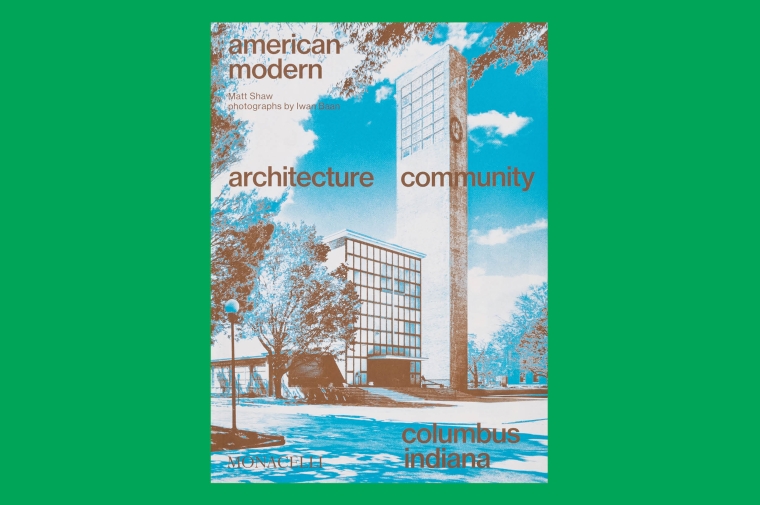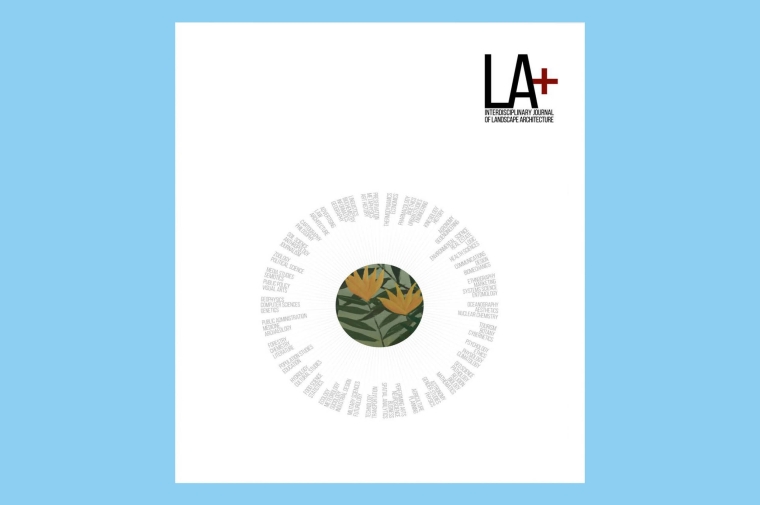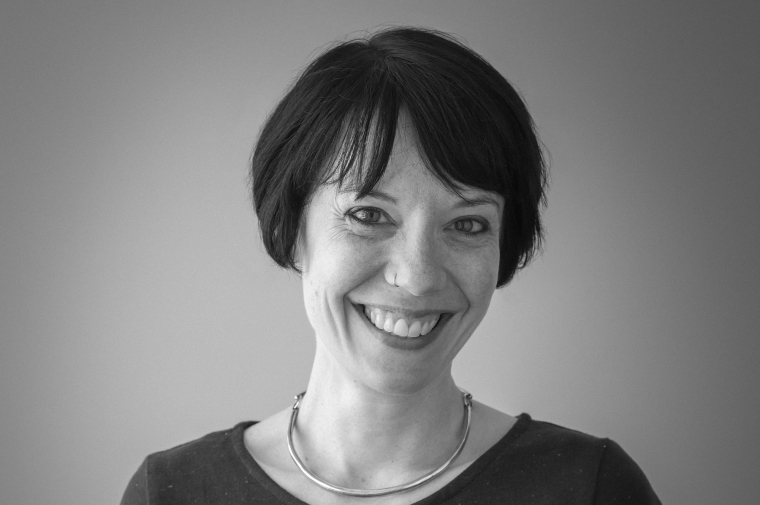September 16, 2016
Stuart Weitzman School of Design
102 Meyerson Hall
210 South 34th Street
Philadelphia, PA 19104
Get the latest Weitzman news in your Inbox
Media Contact
Michael Grant
mrgrant@design.upenn.edu
215.898.2539
Humans have always been influenced by natural landscapes, and always will be—even as we create ever-larger cities and our developments fundamentally change the nature of the earth around us. In Human Ecology, 2nd Edition (Island Press), PennDesign Dean Frederick Steiner encourages us to consider how human cultures have been shaped by natural forces, and how we might use this understanding to contribute to a future where both nature and people thrive. The following text, entitled “The Multiple, The Temporal, and the Complex,” is excerpted from Chapter 1: Fundamental Principles of Human Ecology.
Human culture varies from place to place, yet exhibits certain similarities. There are multiple possibilities for how and where to live, and these options change with time. We are a complex species. Ecology can help us understand this complexity. Like all sciences, ecology is a human construct, or, as Evernden puts it, “The definition and understanding of the natural is linked to that of the human.” (76)
Humans construct. We transform spaces into places. We make places to live. We gather with others in neighborhoods, a specific kind of community where informal interactions differ from those in our work environments. We look out from our neighborhoods or our office windows to landscapes where our constructions interact visibly with nature. “I planted that tree,” one may say, “and nurtured its growth.” Yes, but the planter has no control over the morning sun that illuminates the tree's canopy.
We can chart the courses of the streams of change and even establish new directions through the works of our lives. Even so, the tug of nature, our natures, will pull at our feet with the full power of gravity. We can confront nature, our natures, and even conspire with it, but we cannot trump nature's design. Perhaps we can do our best by attempting to be good humans within that design. We should avoid hurting others and our surroundings while seeking to celebrate and advance beauty.
We are linked to something larger, something we called god or gods in the past (and perhaps in the future). These larger forces can be at least partially illuminated through ecological thinking. While we are connected to bigger processes, we are also what we make ourselves and our settlements to be. We become shadows of our aspirations.
Copyright © 2016 Frederick Steiner. Reproduced by permission of Island Press, Washington, D.C.
Notes
76. Neil Evernden, The Social Creation of Nature (Baltimore: Johns Hopkins University Press, 1992), p. 40.
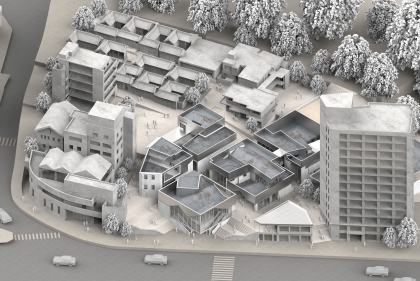
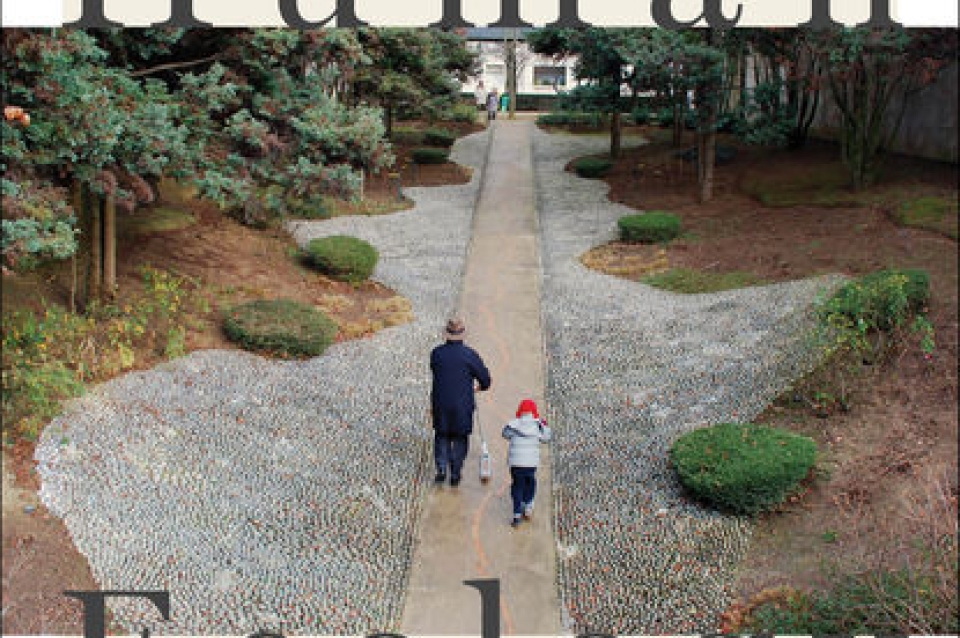
 Expand Image
Expand Image